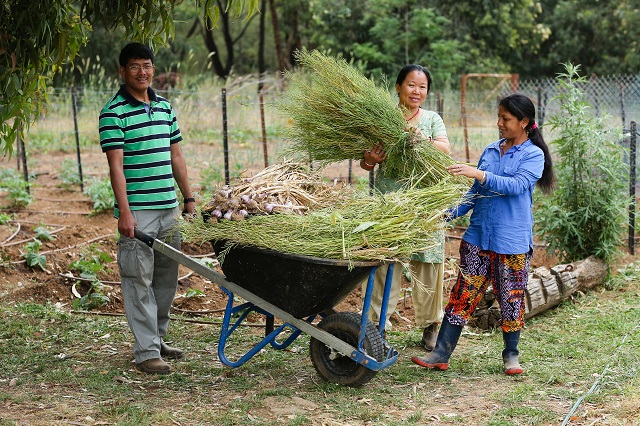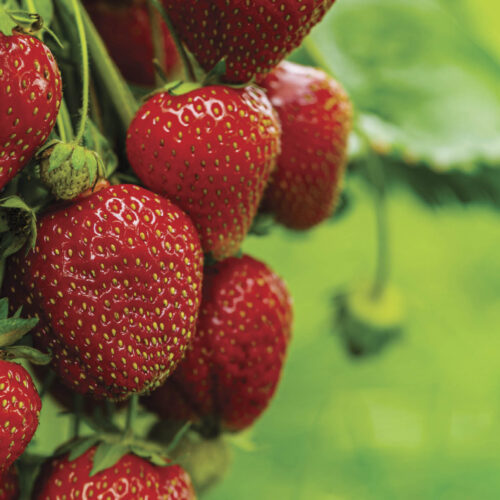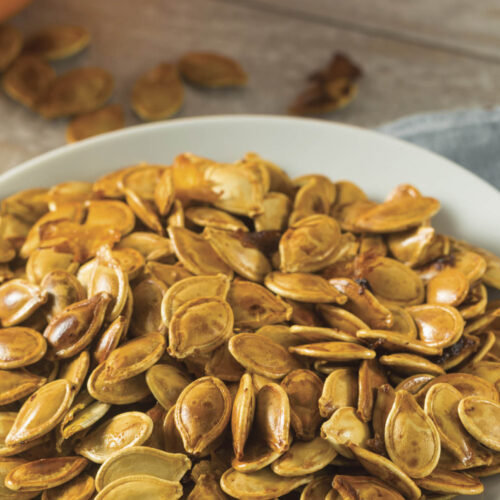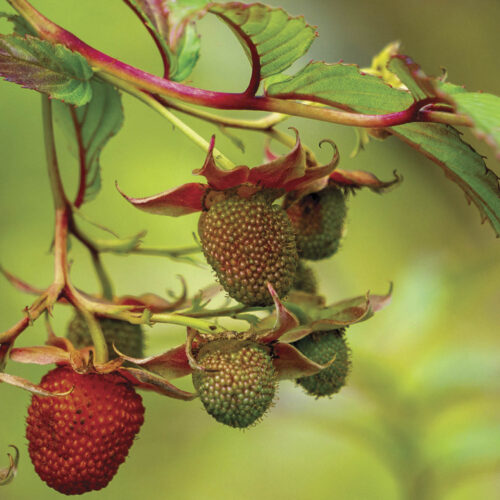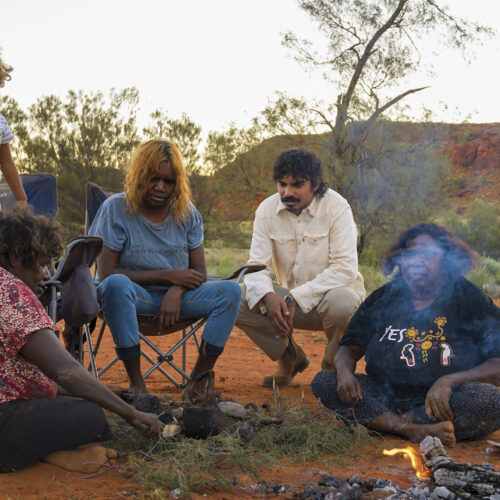The language of growing
2016-06-20T01:10:02+10:00
A unique educational program is helping new refugees learn permaculture and English language skills, writes KYLIE McGREGOR.
The Riverina Institute of TAFE has been instructing students in sustainable farming practices since Rob Fenton set up a National Environmental Centre (NEC) in the mid 1990’s. The energy-efficient organic farm and educational facility has also developed a unique program to help refugees – many of whom were subsistence farmers in their country of origin – to settle in Australia by combining courses in permaculture with learning English.
The brainchild of Rebecca Chettleburgh and Riverina TAFE’s ESL (English as a second language) teacher, Ruth Yule, the program is now in its seventh year and has been a resounding success. “Ruth and I came together on this idea because of our shared passion for growing food and finding other ways to help our newly arrived refugee families feel a connection to Australia and their new way of life here,” Rebecca explains. “It was a way for them to learn English while learning about our climate and getting their hands into the soil again, which we thought would help them feel more comfortable here.
“We have a one-day-a-week class of newly arrived refugees that study a combined course in English and Permaculture Certificate II. They have their own paddock on the farm that they grow their food on, complete with orchard and chooks. We garden in the morning and do English after lunch.” The students – many of which have spent more than 15 years in refugee camps before arriving in Australia – vary in age from their early 20s to early 70s, and with varying levels of English. “It’s a very practical course, and it allows the students to demonstrate their existing skills,” Ruth says. “A large number of the students have a background in subsistent farming and have really high horticultural and agricultural skills in terms of growing things, however quite a lot of them were never able to go to school. They are very capable and intelligent people, so it’s a matter of applying English to what they already know.”
The students make their own compost, create their own vegie beds and grow a wide range of herbs and vegetables, particularly those they can’t find or afford to buy in Australia, such as mustard greens and other leafy greens, tamarillos, daikon, tomatoes and lots of varieties of chillies, as well as staples such as beans, pumpkins, carrots and potatoes.
After a weekly harvest, the just-picked produce is evenly divided among the group. “Sometimes the students also put on the most amazing banquets and invite the teachers,” Rebecca says. “And often we’ve cooked out in the open with all the produce they’ve grown themselves – it’s just amazing. It’s been such a joyous thing.”
Positive outcomes
While the intention of the combined English/permaculture course is to help equip students with the skills they need to pursue employment on farms or local nurseries – of which some have already secured – there have been more far-reaching benefits. “In terms of wellbeing, it’s immeasurable,” Ruth says. “On a regular basis I have people who are newly arrived who haven’t smiled yet, and within a week or two weeks of coming to the class and being out there working in the garden, they are relaxed and smiling. “You have a group of people who are very capable and very skilled in particular areas who have landed in a completely different country and it’s easy for them to think that none of their existing skills and capabilities are of any use or applicable to Australia. So to find that they can actually use those skills here, both growing food at home for their families and potentially also working in gardens and on farms, is really good for their wellbeing and settlement.
“At the end of the first year we ran the program, the son of two of the students said to me: ‘Ruth, you know how good the garden is, but I don’t think you have any idea how important it’s been to my parents’ settlement. It has made such a difference to how they feel about coming here and becoming part of the community.’” OG
This extract from the permaculture story ‘The Language of Growing’ by Kylie McGregor appeared in the March/April 2014 issue of Organic Gardener magazine and has been edited.

